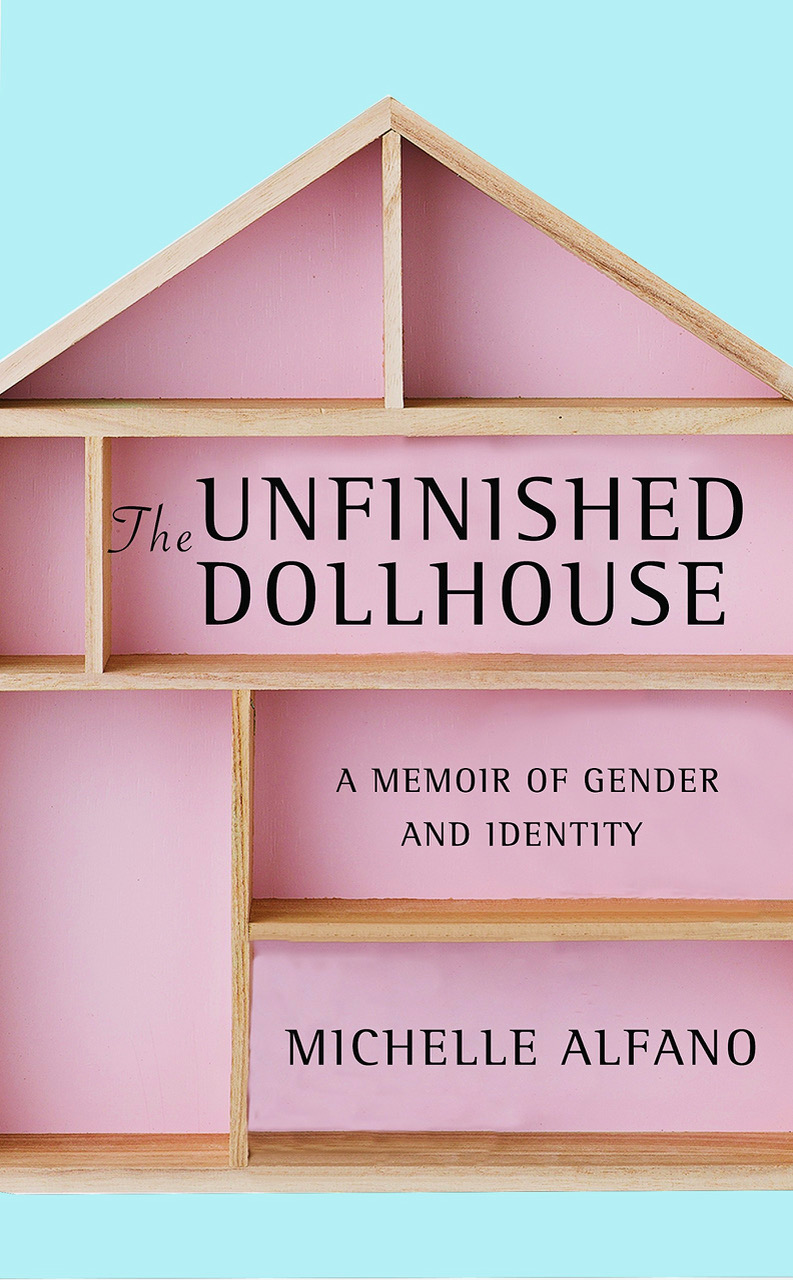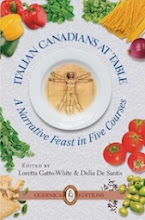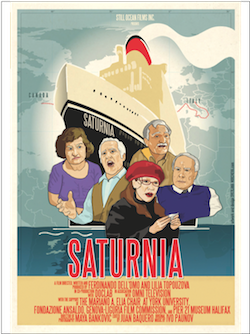 Life Class by Pat Barker (Penguin Group, 2007) 249 pages
Life Class by Pat Barker (Penguin Group, 2007) 249 pages
I came to this book after reading Barker's newest book about the WWI experience entitled Toby's Room. That book focused on the mysterious disappearance of the main character Elinor Brooke's brother Toby who does not return from WWI after serving as a doctor on the front line. The military does not reveal how he died and his friends are strangely reticent to reveal the truth. It's an excellent read - you may read the review here.
This book, Life Class, written years ago, serves (for me) as a sort of prequel to Toby's Room and details the lives of three key characters found in the later novel - Elinor Brooke, Paul Tarrant and Kit Neville - before, and during, WWI.
Paul is a lad from northern England studying at the Slade School of Art. Dispirited, self-critical and intelligent, he considers leaving the school. Elinor piques his interest but so does, apparently, most other attractive females it seems including Elinor's friend Teresa, an alluring and troubled model at the school.
Barker, a female writer, is adroit at depicting both male lust (Paul and Kit's) and female sexual reticence (Elinor's). Elinor is the object of affection for both Kit and Paul, all art students at Slade. Their professor Henry Tonks, a surgeon turned art professor at Slade, is a real historical personage who went on to document (for medical and historical purposes) the ravages of the war on the faces of the WWI soldiers who survived with extreme facial wounds.
When the war begins, Paul enlists as a Red Cross worker and is sent to the front in Ypres, France. Kit goes on to work with German internees. Elinor remains in the country painting for a time but is soon expected to join her mother at home. Sister Rachel is pregnant and indisposed, brother Toby has also enlisted and her doctor father is working (and possibly philandering) somewhere outside of the family home.
This book is as much about the perception of the value of art, and artists, during troubled times as it is about the war. Elinor's artistic ambition is seen as a lark, a frivolous frill - less important than Rachel's domesticity or Toby's involvement in the war. She is urged to take up nursing but wants to focus on her art, much to the disappointment of the people around her who are cosnumed by the war.
Much of the book also deals with largely adolescent romantic fumbling - Kit and Paul vying for Elinor, Paul wooing Teresa, a pretty model with an abusive, violent husband, and Elinor trying on the various guises of femininity and womanhood. Kit courting Catherine, Elinor's friend. Paul's experience with a weary, if friendly, French prostitute.
There is a slight digression when the novel shifts to Elinor's experience with the Bloomsbury group, specifically her encounters with Lady Ottoline Morrell. The author's intent is obscure - to demonstrate that privilege and the love of art remain despite the war?
Barker evocatively reminds one of under-examined aspects of the war - the sudden amatory passions that ignited amongst the British populace, the persecution and internment of the citizens of German descent, the many soldiers who returned with unspeakable wounds and injuries (catalogued by artists like Tonks), the uneasy calm and sense of normalcy that surrounds the town of Ypres, and other towns like it, just a short distance from the battleground; Elinor's surreptitious visit to Ypres where Kit is stationed, disguised as a nurse. I am certain many other soldiers engaged in these trysts then ...
What Kit witnesses as an ambulance driver revolts and shocks the reader - the slow death of the mutilated soldiers, the soldier trapped in a burning vehicle, the wounded children, the numbing of feeling and reaction for one exposed to so much horror. Kit's matter of fact observation, communicated by letter to Elinor, seem totally believable - never overstated in description - stark and straightforward without embellishments.
The cliche of the "insanity of war" is pronounced and disturbing. An attempted suicide at the front line is studiously stitched back together so that he might be properly shot for desertion.
My fascination with the First World War sometimes disturbs me ... why pine and moon over WWI soldiers and their suffering and not have a single thought for our own vets returning from Afghanistan here in Canada? My literary obsession with this war sometimes strikes me as silly and hypocritical. I shed no tears for these forgotten men but I often think of the soldiers who returned (or did not) from WWI. Why? Because it is romantic, it involves no real emotional or political commitment on my part ...
This romanticizing is easy and facile. Easy for me to attend a Remembrance Day ceremony and shed a tear while listening to a University of Toronto staff member recite In Flanders Fields before the Soldiers Tower (granted it is a very moving experience for those who have attended it). The ceremony lasts about 40 minutes and is quite elaborate with prayers said, wreathes laid, and hymns and poems read.
Much harder to acknowledge and put pressure on Harper's government to treat these returning vets fairly. I will end with this disturbing note:
The Harper government says it intends to appeal a B.C. court ruling that cleared the way for a class-action lawsuit involving veterans of Canada's war in Afghanistan. A group of ex-soldiers is taking Ottawa to court, alleging that the federal government's new system of compensating veterans violates the Charter of Rights and Freedoms. The government's new veterans charter eliminated the lifetime disability pension for disabled soldiers and replaced it with lump-sum payments. The veterans say the new disability payments are paltry compared to awards given to those who fought in previous wars, and don't keep up with worker's compensation claims — or even civil settlements in personal injury cases. Canadian Press, October 2, 2013
Respect for the military indeed. Let's put our money where our mouth is ... if we value their contribution, let's prove it. Or do we reserve that respect and concern only for those who died years ago and are no longer our concern or problem?
 Life Class by Pat Barker (Penguin Group, 2007) 249 pages
Life Class by Pat Barker (Penguin Group, 2007) 249 pages










No comments:
Post a Comment